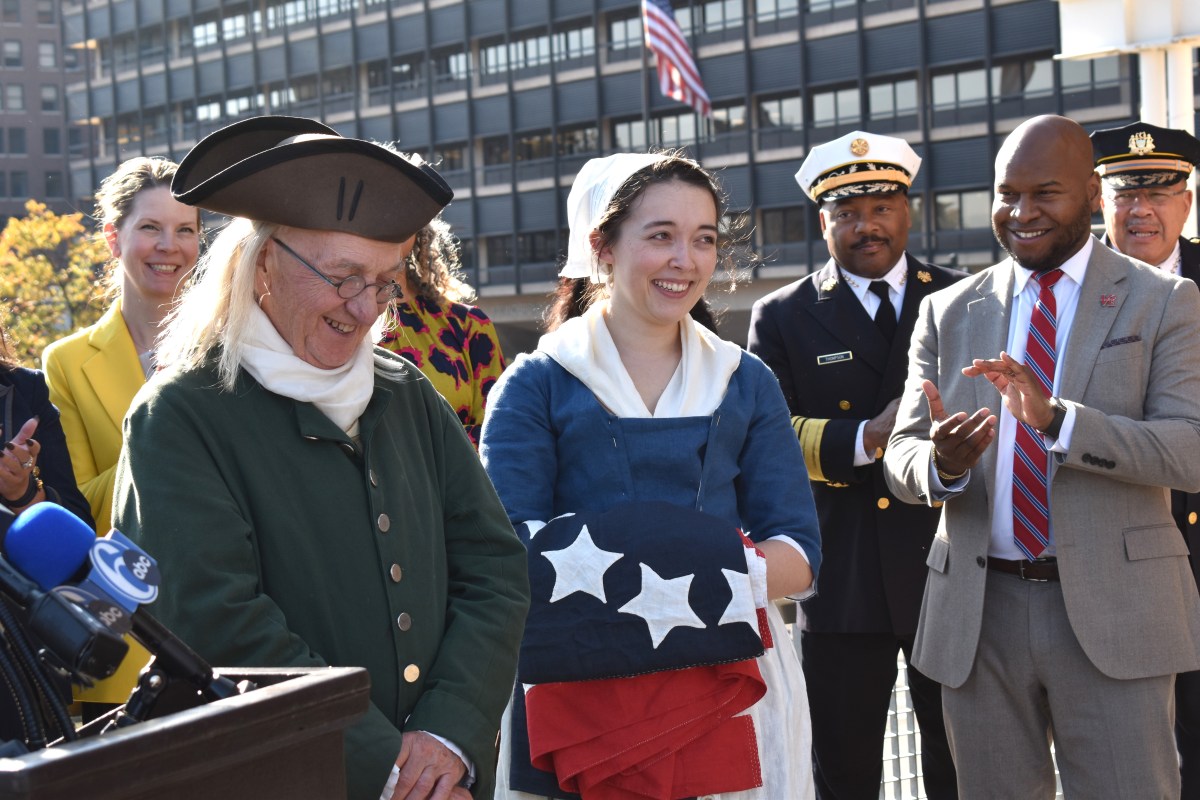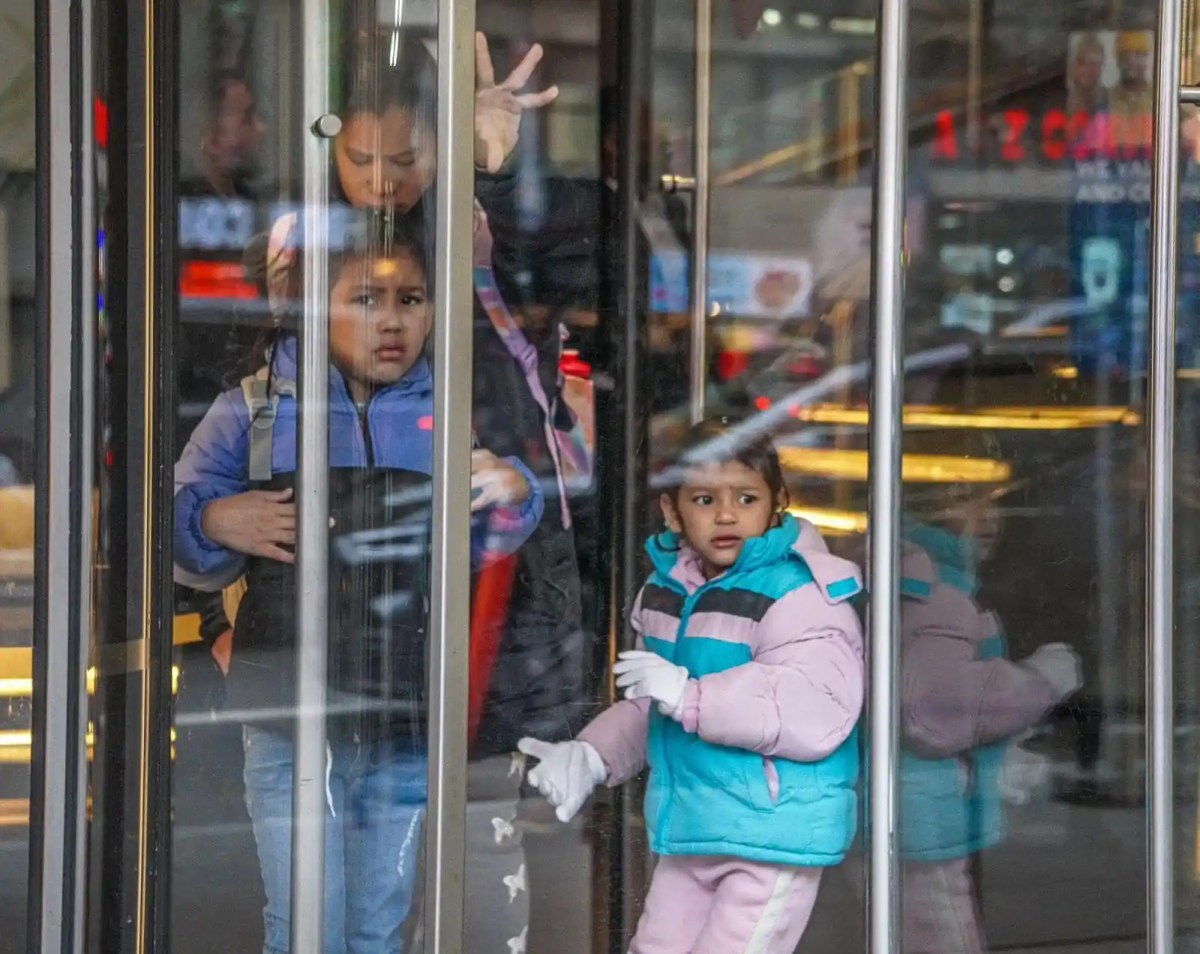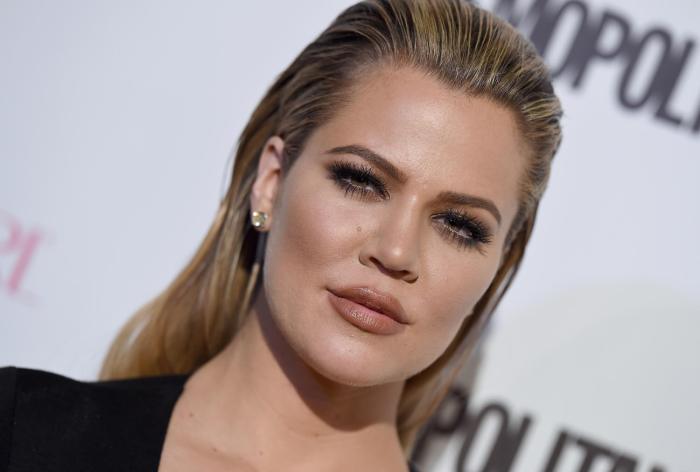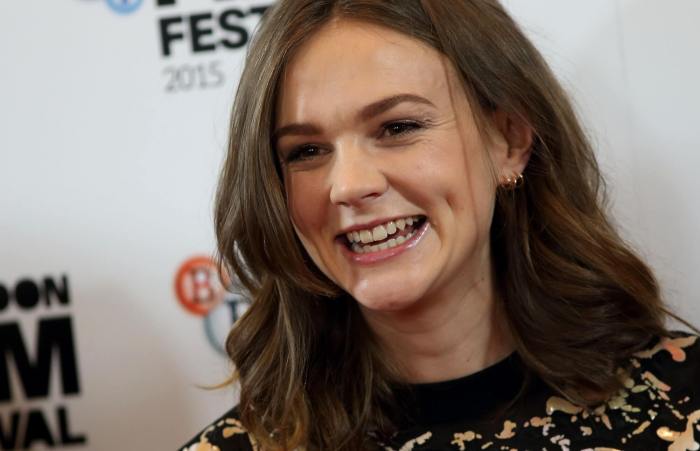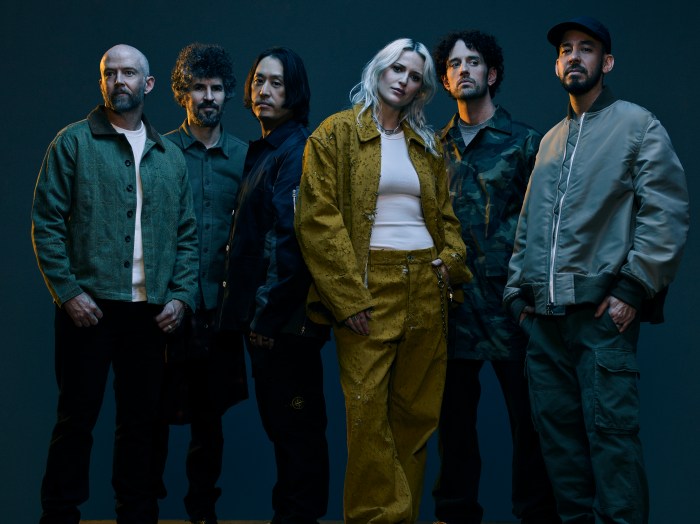Jeremy Jordan knows you might come out of “The Last Five Years” not thinking very highly of his character. Jordan stars alongside Anna Kendrick in a musical that looks at a marriage from two points of view: his, starting from the sun-dappled beginning, and hers, picking up where it all falls apart. But really, Jordan thinks you should give his guy a chance. After my screening, there were a lot of people debating how much they hated your character. What sort of reactions have you gotten about him from people who have seen it? RELATED:Review: ‘The Last Five Years’ is a bizarrely not too depressing break-up musical For a musical, this film feels refreshingly intimate. How did it compare to the experience of “Smash”? RELATED: Anna Kendrick is not your wicked stepmother’s Cinderella It seems increasingly rare that Broadway performers cross over into the larger pop culture sphere. How does it feel to be one of the few actually still doing that? Follow Ned Ehrbar on Twitter: @nedrick
Yeah! (laughs) It’s certainly easier to take her side because she’s not the one who steps out on him — but it’s certainly not all his fault. One of the great things about the story this film tells is that it’s told in solos. You’re seeing his entire storyline and what he’s feeling, and then you see her entire side, and you realize that they’re not really listening to each other. Or what they’re hearing is not exactly what’s being communicated. In the song “If I Didn’t Believe in You,” where I’m railing at her, you just see her sitting, staring forward, not hearing what he’s trying to say. All she hears is, “You’re not good,” and that’s very indicative of relationships. I think you can see both sides of it. You can see her shutting down, pushing him away when he’s really just trying to lift her up, and you can see him getting wooed by this elitist world where everybody has confidence and it’s very easy to step over that very fine line from OK to not OK at all.
Well, I tried to infuse in that final scene — where we see him in bed with multiple girls — a sense of despair and a sense of almost being frightened of his own capabilities, but just a drive within him that he can’t control. And there’s almost like an “I plead insanity” feel to it, not just a guy who is getting away with it. The song is called “Nobody Has to Know.” He understands the gravity of what’s going on, and I think it’s very easy to understand him. When you can understand someone and understand their motives, it’s easier to be sympathetic to them.
You know, we didn’t have a big studio behind us. We just made the film that we thought we needed to make. Nobody said no, and we really got to make something special and intimate and personal. It was a very collaborative effort, and it was the first time that I’ve ever really been proud of something that I’ve done on film. Not that I haven’t enjoyed things that I’ve done on film, but you can take a sense of pride out of something when you feel like you helped create it.
With that, there was so much red tape and so much behind-the-scenes stuff with producers, writers, networks. You feel often like a cog in the machine — which is fine. You are there to serve your part, but there’s no rehearsal and there’s not a lot of, “Let’s really talk this out and understand this.” There’s none of that. You’ve got to go and hope that they create something out of what you shot that’s cohesive and entertaining.
I’m trying, I’m trying so hard. (laughs) There’s both a stigma against the sort of “Broadway” style acting and also an allure to the real “theater” actors, so it really just depends on which side of that spectrum you fall on. Naturally, I fall on the allure side. (laughs) You know, I think that we have a very unique skill set to lend to the film world — but not to say that people who haven’t done that aren’t just as talented.
Jeremy Jordan wants some sympathy for his ‘Last Five Years’ cheater
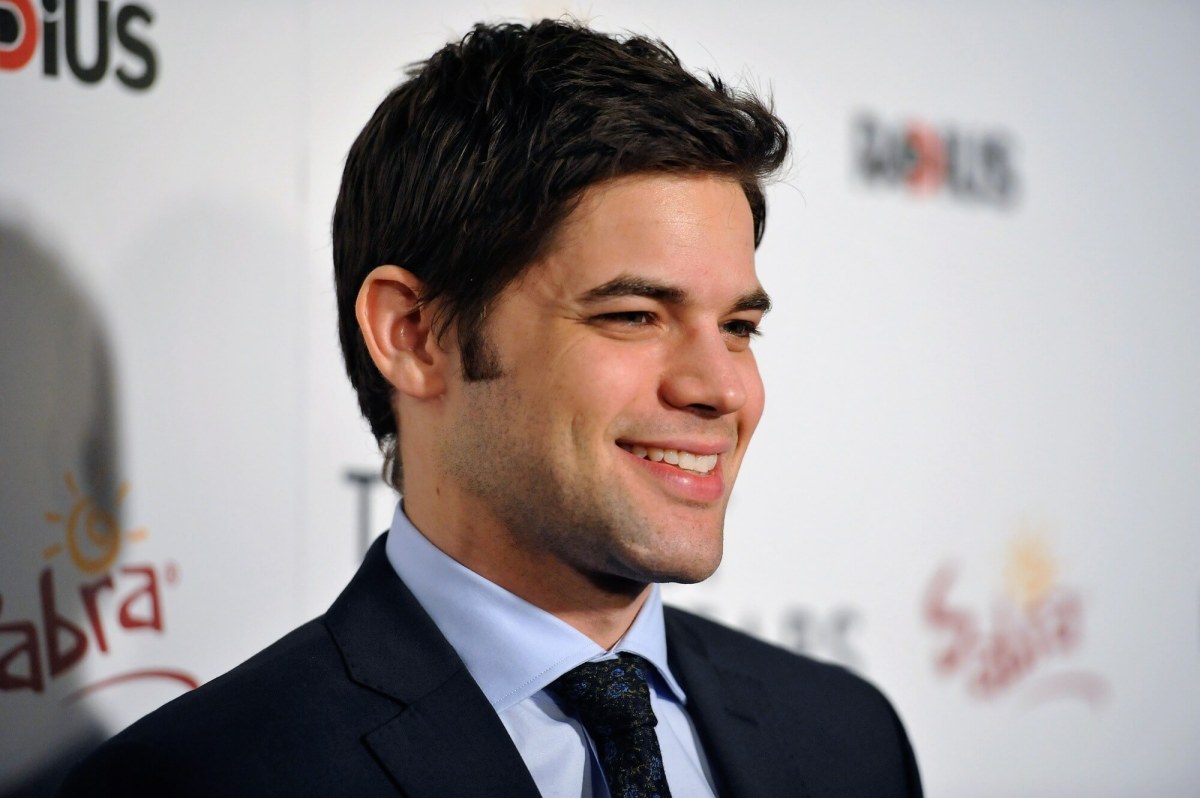
Getty Images












